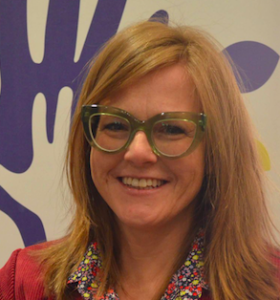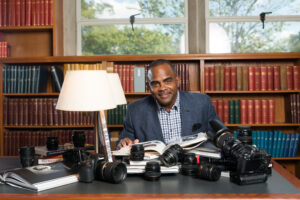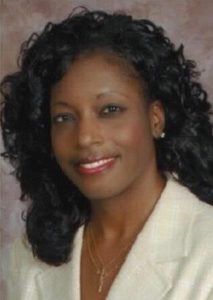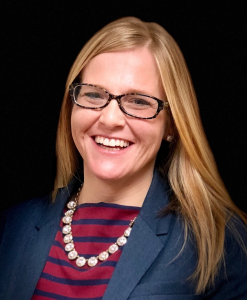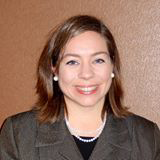critical reflection
Select an item by clicking its checkbox
For the last few years, in teaching about racial justice, I have consciously decided to incorporate into my syllabi an opportunity for critical reflection based on Stephen Brookfield’s theory of “ideology critique.”[1] In short, Brookfield defines ideology critique as “part learning process, part civic action”; it “focuses on helping ...
We walk into our classrooms, be they virtual or face-to-face, and we see the eyes of our students with screens in front of them. Those screens may be laptops, desktops, tablets, or phones but the screens are there. On those screens our students spend an average of four hours per ...
Teaching and learning in academic settings can sometimes appear contrived or artificial in relation to the “real” world or professional contexts for which students prepare. However, this does not always have to be the case. One of the things that has surprised me about teaching in theological education is the ...
The call for educational practitioners to be critically self-reflective is fairly common today. This is in large part due to the work of pedagogical theorists, such as Stephen Brookfield, who have challenged educators to routinely assess and hone our teaching practices. Indeed, since the beginning of my teaching career, I ...
Is my teaching good enough? Is your teaching good enough? I believe that good enough teaching and learning are practices of radical hospitality that are needed more than ever today in a political climate of American exceptionalism, increasingly divisive civil discourse, and passionate if conflicting longings to be “great.” While ...
